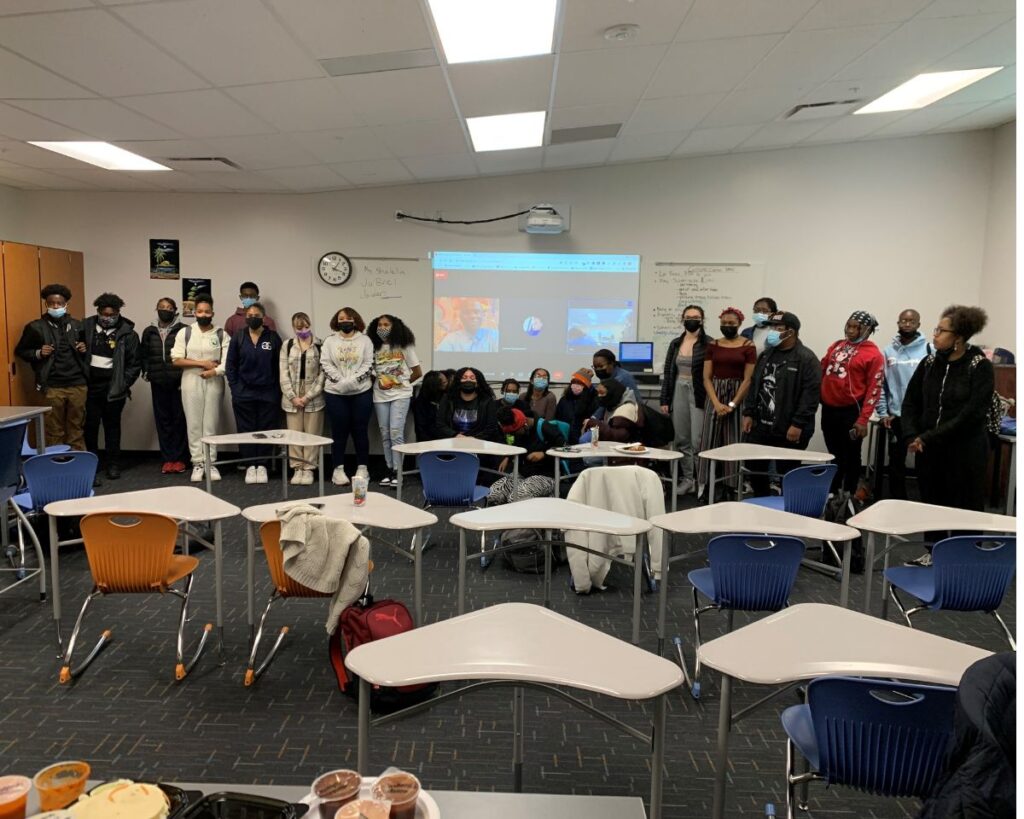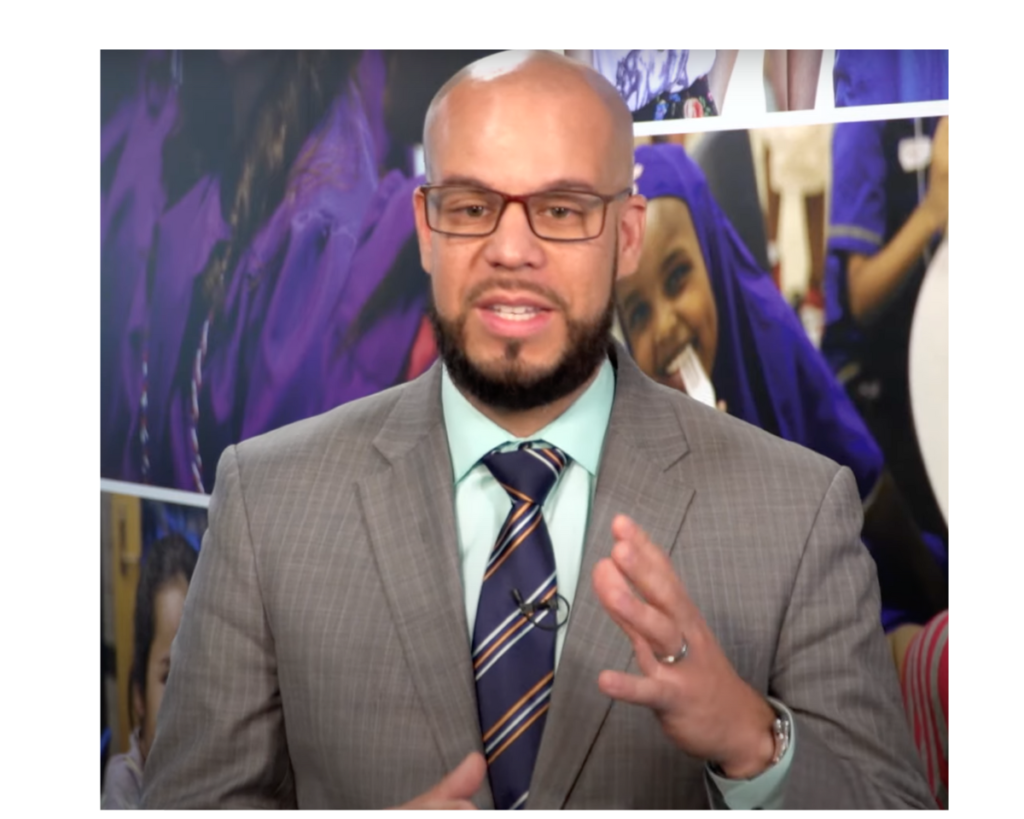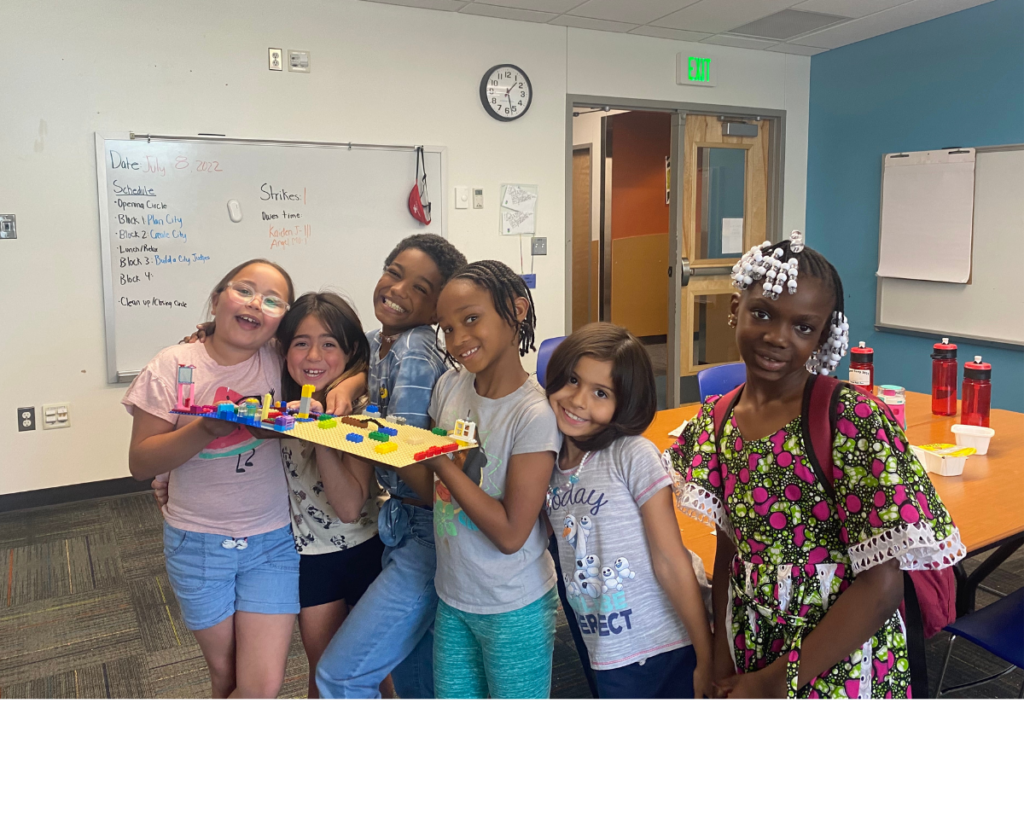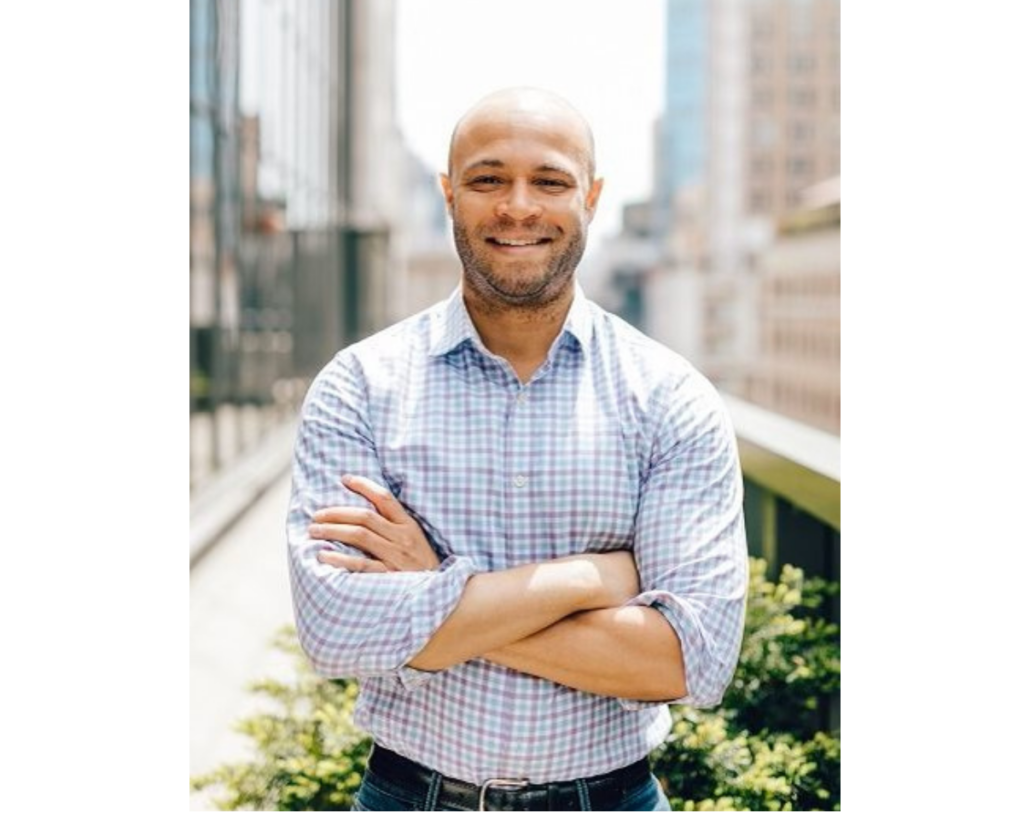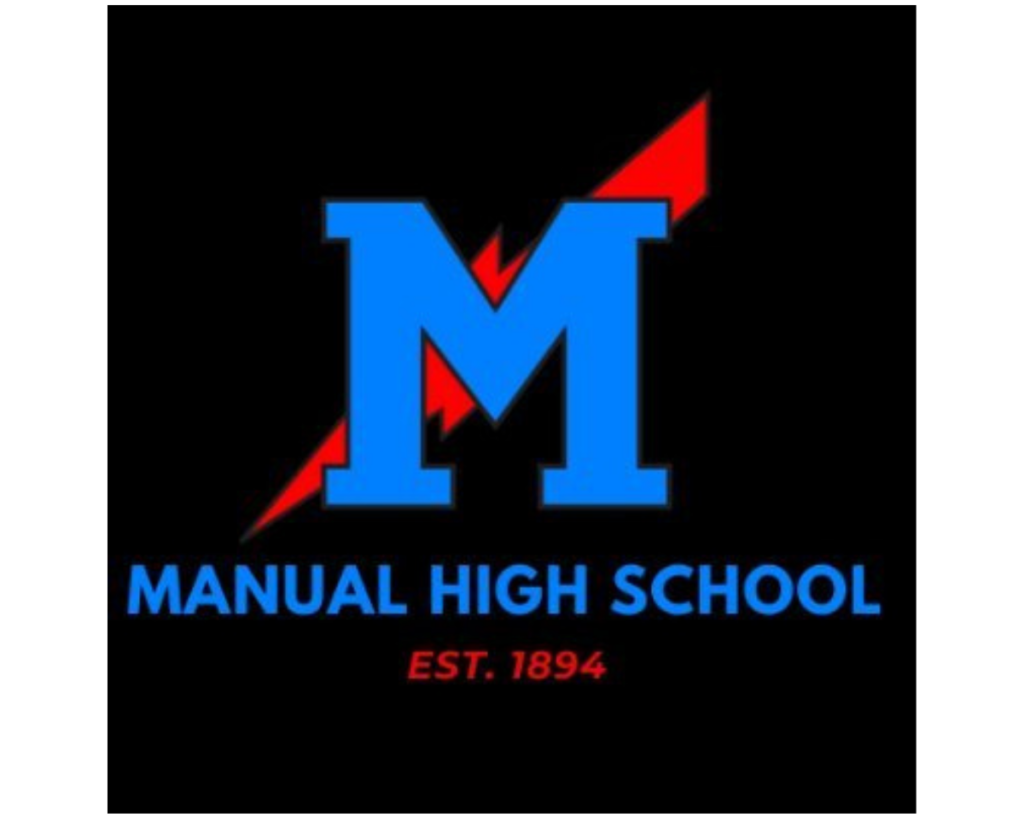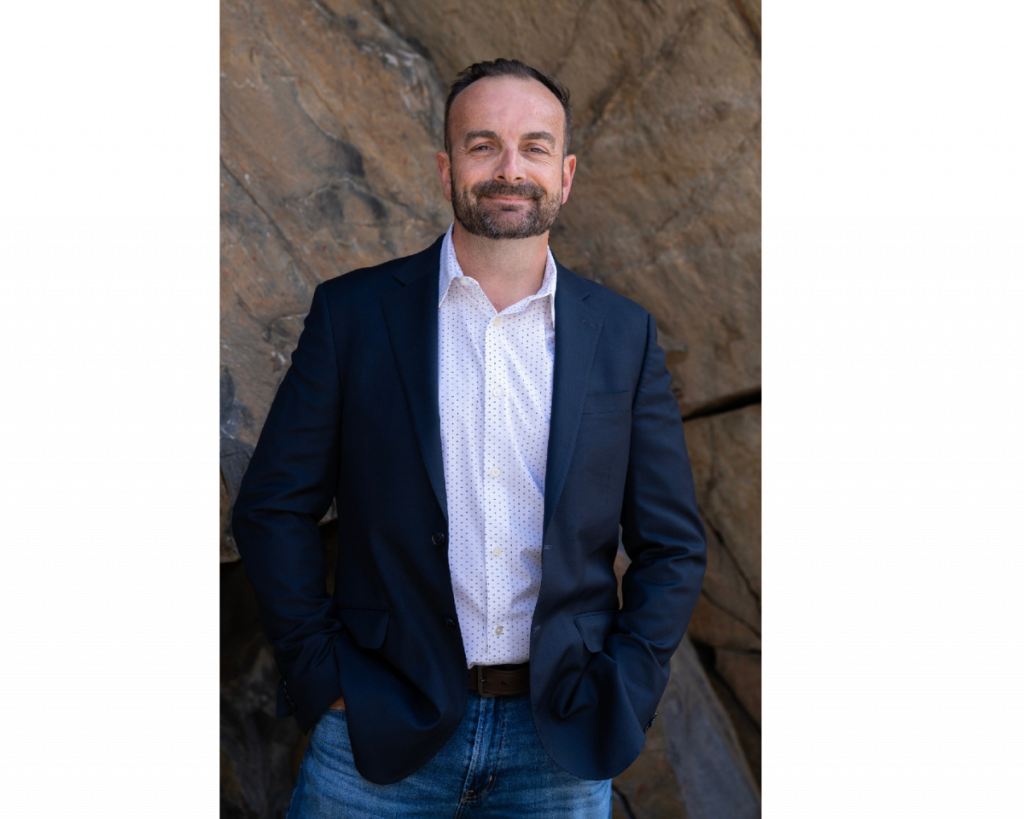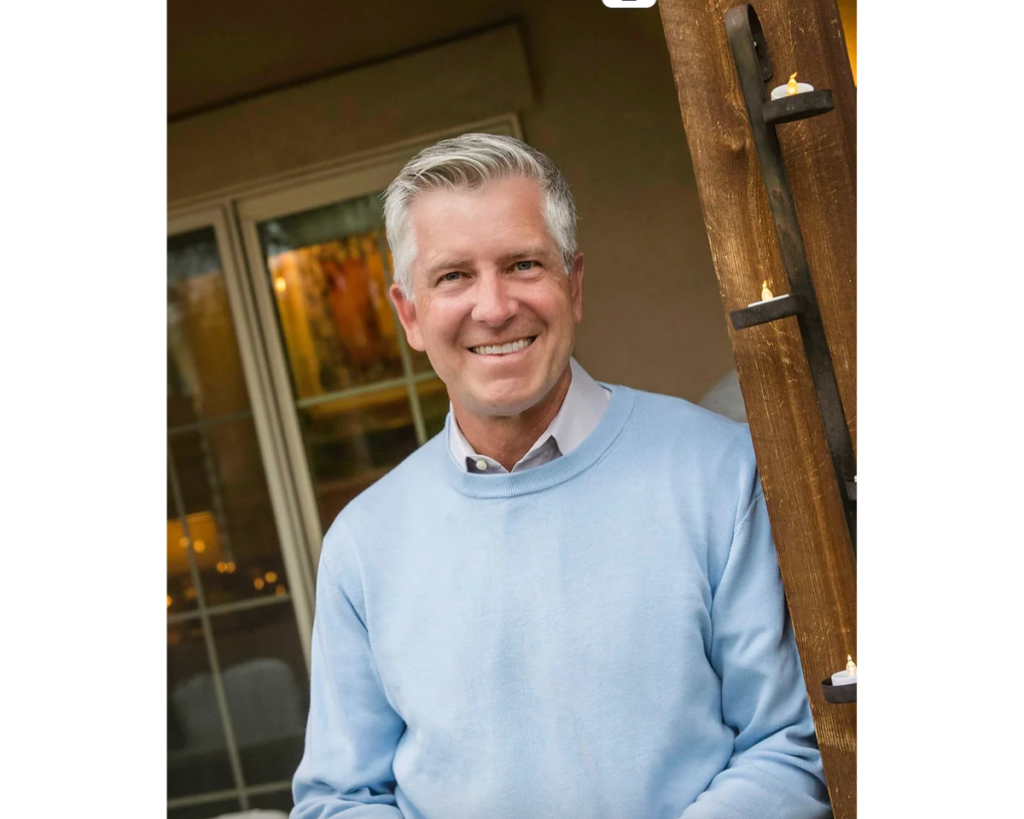Kurt Dennis firing shows DPS is rotting from the top down
While the district is trying to frame the firing as the removal of a principal who violated federal privacy law and meted out discipline disproportionately to kids of color, that sounds like putting a politically palatable veneer over a load of BS.
Kurt Dennis firing shows DPS is rotting from the top down Read More »


